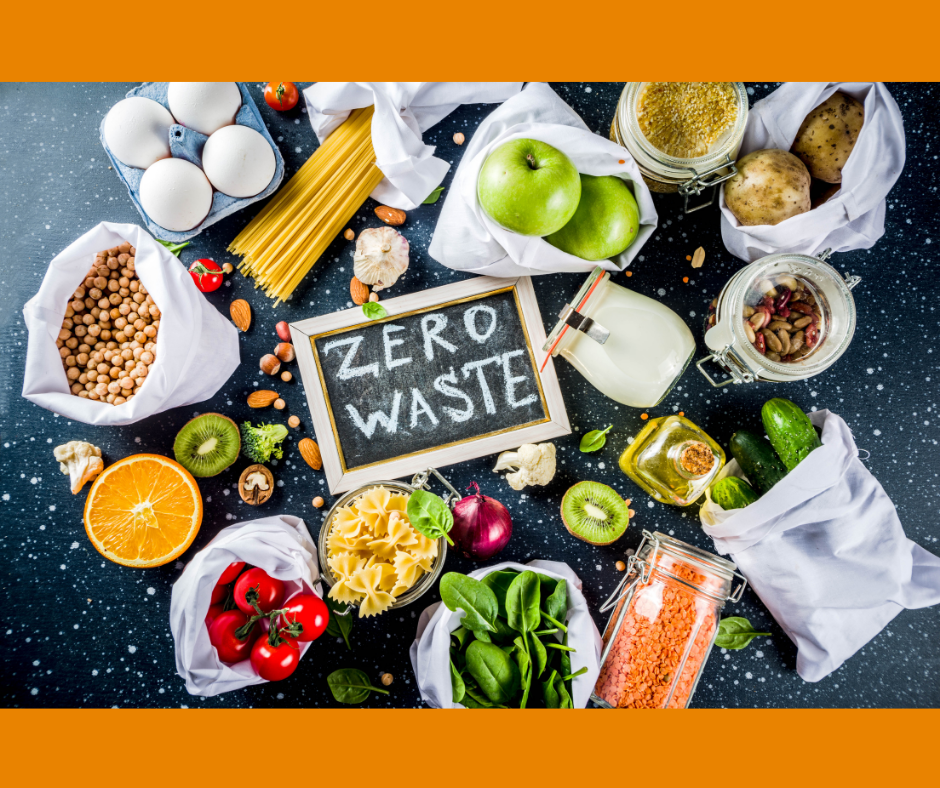Reduce Your Food Waste - Tips and Facts
Did you know that every day in Canada, Canadians throw away 1.3 million apples, 130,000 heads of lettuce and 2.6 million potatoes, just to name a few!
We all have an important role to play in reducing the amount of food we waste and diverting what can't be used from the landfill. Reducing the amount of waste created and finding ways to repurpose and reuse eliminates the need to dispose of items later.
Whether you are at home, school, work or on the go, there are choices you can make to reduce waste. You can discover more information including recipe cards and handy tips and tricks at Love Food Hate Waste Canada. Here are some tips to get you started:
Buy What You Need, use What You Buy
- Reduce food waste by making a meal plan and buying only what you know you will use. More tips and recipes at Love Food Hate Waste Canada.
- Transform leftovers into new meals by getting creative in the kitchen. Soups can be made by combining various vegetables, meats and grains, while stir-fry is perfect for mixing together different proteins and vegetables with flavorful sauces. Smoothies are also a great, nutritious option for using up fruits and even some vegetables. These methods not only help reduce food waste but also allow you to enjoy a variety of tasty dishes from what's left in the fridge.
- By utilizing all food and minimizing waste, you can save money and make the most of your groceries.
Check out these Fridge Rescue Recipes!
Check out these recipe ideas for your leftovers and less than perfect fruits and vegetables:
Store Food Properly
- Learn how to store fruits and vegetables to keep them fresh longer. Use airtight containers and know which food belong in the fridge.
- Explore Love Food Hate Waste's Fridge Brochure for valuable tips on organizing your fridge and ensuring each item is stored in its optimal place.
- Storage conditions matter. The way you store your food can affect its shelf life. Proper storage, such as keeping items in the fridge or freezer can help extend the time food remains safe and enjoyable.
Understand Expiry Dates
- "Best Before" does not necessarily mean "bad after". Use your senses to determine if it's still safe to eat. Look for visible signs of spoilage, such as mold or discoloration. Smell the food to check for any off or sour odors. Trusting your senses can help you avoid unnecessary waste and ensure that you are consuming food that is still safe.
- "Best Before" vs. "Use By" - "Best before dates indicate when a product is expected to be at its peak quality, while "Use By" dates are about safety.
- Check out Love Food Hate Waste's campaign "Spend More Time with Your Food" for more tips on understanding Best Before Dates.
Don't Trash It, Compost It: Give Spoiled Food a New Life!
When food spoils and can no longer be eaten, it's important to place it in your organics container for proper disposal. By doing so, the collected food waste is transformed into compost, giving it a new purpose and contributing to a healthier environment. Watch our "Mandatory Separation - Food Waste Edition" video to learn what can be placed in your green bin and discover the process that follows.
